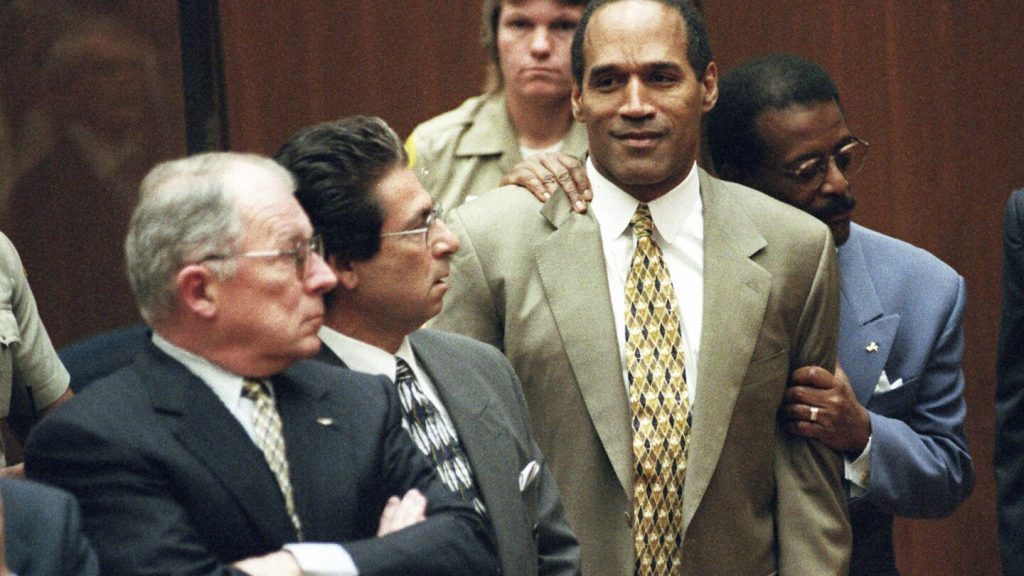O.J. Simpson’s death has sparked reflections on his infamous murder trial from 1995 and how it highlighted racial divisions in American society. Simpson’s exoneration was a pivotal moment for many, with Black Americans celebrating what they saw as retribution for institutional racism, while white Americans were shocked by what they perceived as overwhelming evidence of guilt. The trial showcased the disparities in the criminal justice system that disproportionately affect Black Americans, making Simpson a lasting symbol of racial inequalities in America.
The 30th anniversary of the killings of Nicole Brown Simpson and Ron Goldman is approaching, bringing renewed attention to Simpson’s trial and its impact on race relations. While criminal justice reforms addressing racial inequities are less divisive today, backlash against diversity programs, bans of books on systemic racism, and restrictions on Black history lessons in schools continue to hinder progress. Some experts believe that until society learns from its past, these cycles of racial turmoil will persist, with individuals resisting efforts to confront systemic racism.
African Americans and white Americans had contrasting views on Simpson’s innocence during the trial, reflecting broader divides on perceptions of race in America at the time. Black media outlets questioned the fairness of the justice system, while mainstream publications often downplayed issues of racial bias. Polls conducted in recent years show that most people, including African Americans, believe that Simpson was guilty of the killings. However, the trial was about more than the deaths themselves, as it symbolized deeper racial and historical dynamics that divided communities.
The documentary “OJ: Made in America” explored the racial tensions embedded in the trial and highlighted Simpson’s unique position as a wealthy, privileged Black man insulated from the struggles faced by impoverished Black individuals in the criminal justice system. Simpson’s celebrity status and persona as a successful athlete and actor allowed him to transcend racial boundaries, leading him to famously claim, “I’m not Black, I’m O.J.” Despite his efforts to distance himself from Black identity, Simpson’s trial was seen by many in the Black community as a challenge to institutional racism in the justice system.
Simpson’s trial intersected with other racial flashpoints in American history, such as the 1992 acquittal of police officers in the beating of Rodney King. These events highlighted the deep-seated racial divides in society and the criminal justice system, reflecting ongoing struggles with systemic racism and inequalities. While some progress has been made in addressing racial injustices, challenges remain in achieving true equality and healing the wounds of America’s fraught history with race. The legacy of O.J. Simpson’s trial continues to serve as a reminder of the complexities of race, policing, and justice in the United States.


